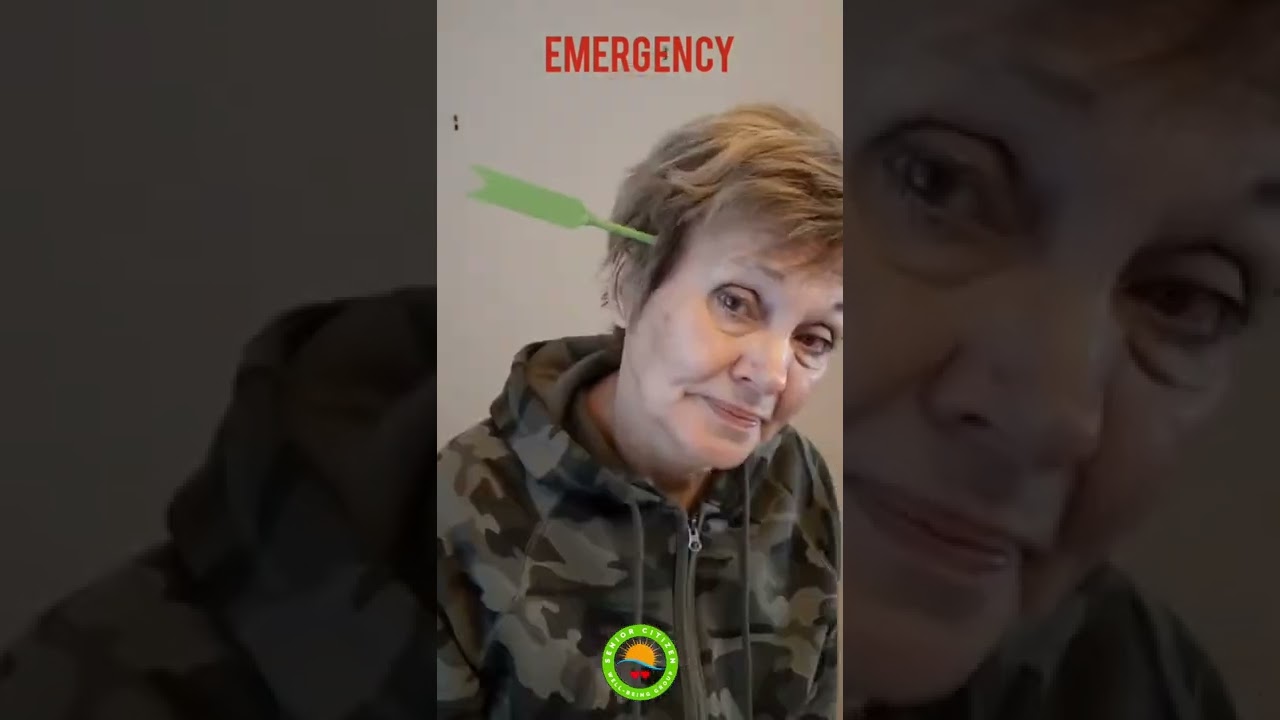Contemplative Pedagogy and Trauma-Informed Care: Supporting student growth from classroom to clinic
Seminar Description: Contemplative Pedagogy incorporates an array of mindfulness practices in the classroom to improve metacognition and deeper learning, supported by decades of research. It is linked to desirable attributes for clinical practice, including active listening and ‘presence’ with clients. However, bringing these practices to the classroom is not risk free. There are cautions that must be considered prior to implementation. Trauma-Informed Care is an approach to service delivery in health care and educational settings that assumes the universality of individuals’ experiences with, and exposure to, trauma. This includes the need to address the potential for students’ secondary or vicarious trauma from exposure to challenging topics or experiences. This presentation provides an overview of Contemplative Pedagogy and TIC principles, along with ideas to thoughtfully integrate Trauma-Informed Contemplative Pedagogy (TICP) into the classroom
About the Speaker: Meryl Picard, PhD, MSW, OTR
Meryl Picard is an Assistant Professor in the Department of Occupational Therapy, School of Health and Medical Sciences. She has been an occupational therapist for over 40 years and holds an MSW. She worked in adult acute care, acute inpatient rehabilitation, outpatient services and subacute care. She worked in and managed an outpatient interprofessional cognitive rehabilitation program for individuals with TBI and ABI, developed a vocational component for that program and a substance use program for individuals with TBI and ABI. She has taught at Seton Hall for 23 years, obtaining her PhD in Health Sciences from the university. She is currently a Contemplative Pedagogy Fellow, part of a diverse working group of faculty supported by the Center for Faculty Development. Her passion is wellness and health promotion practice. She spent non-working hours during the pandemic lockdown training in Trauma-Informed Care (TIC) and advancing her mindfulness practices.
source



